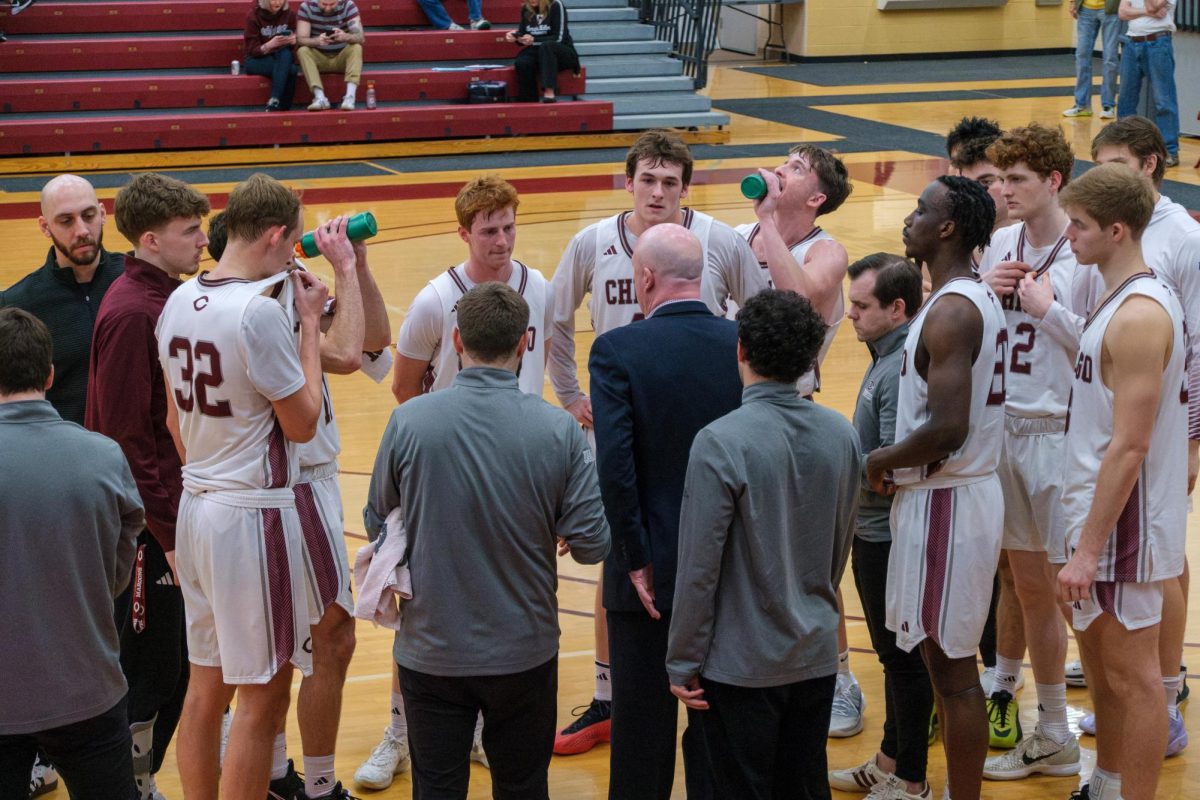Is Zinedine Zidane the best soccer player in the world? Definitely. But is he a legend of the modern game? Not quite. The last 15 years have offered up two players who, in one way or another, superceded Zidane and are more deserving of a place in the history books. Unless Zidane addresses his weaknesses soon, his chance to sit alongside them will pass.
Zidane’s technique is faultless and his invention unbounded. Time and time again, he makes the impossible seem effortless, gliding past defenders who are faster and stronger and bamboozling opponents with precise passes to his strikers. The key to his supremacy is the variety of his arsenal. Since he is as good a short-passer, long-passer, dribbler, and finisher as more or less anyone in the modern game, there are just too many possibilities to guard against when facing him. Put a burly, battle-hardened defender such as Martin Keown on Ruud Van Nistelrooij, and most of his potency is dampened. Find a fast defender like Mikael Silvestre, and Thierry Henry’s potency is cut in half. Such a line of defense is futile against Zidane, since he boasts the best technical and mental trappings of an ideal footballer.
The pinnacle of his illustrious career was Euro 2000, where he scythed through Europe’s finest defenses almost effortlessly, both creating and scoring crucial goals. And don’t forget his majestic volley that delivered Real Madrid its ninth European crown.
But for all his brilliance, Zidane falls short on two major counts. First, Zidane reserves his finest performances for the most important games, substituting them for atrocious performances during the bread-and-butter of each campaign. For several years in Juventus, he would play a rare superb game, typically in Europe or against the finest Italian opposition–but when it came to playing at Piacenza on a cold February afternoon, Zidane would always fall flat. Maybe he just didn’t want to play, but that is irrelevant. It is not his place to pick and choose when to show up. Too often he would drift out of a game when his teammates needed him most. In France ’98, most will remember his brace that landed France the title. But before the final he was a peripheral figure who was more likely to be remembered for maliciously stamping on a Saudi opponent.
Second, Zidane has always lacked the ability to truly make a mediocre team a winning one. His rise to world-class status occurred at Juventus and Real Madrid, where he was surrounded by superb players. He was excellent at Bordeaux, but anyone who watched Euro ’96 will know that he had nowhere near the influence he now possesses. It is in this regard that Roberto Baggio and Ronaldo, prior to his injury, truly surpass Zidane.
Baggio almost single-handedly took Italy to the final of USA ’94, but was denied victory in the most unfortunate of circumstances. Italy played her traditional ultra-defensive style. Ten players restricted themselves to winning the ball and giving it to Baggio, but, thanks to his genius, it actually worked. Ronaldo performed a similar role for Inter and Barcelona. In the ’97-’98 season in Serie A, Inter’s tactics for 34 games degenerated into just giving the ball to Ronaldo and expecting him to pull something out of the bag. For 89 minutes, this didn’t work, but there would almost always be one moment where Ronaldo would set off on a meandering run, leaving defenders in his wake before calmly finishing. I say, “almost,” because, like Baggio’s Italy, Ronaldo’s Inter finished runners-up. While it never ceased to amaze me how such a predictable strategy could still reap rewards, it always came down to the genius of these two men. And neither had the arrogance or inconsistency which leads Zidane to play so poorly against lesser sides.








